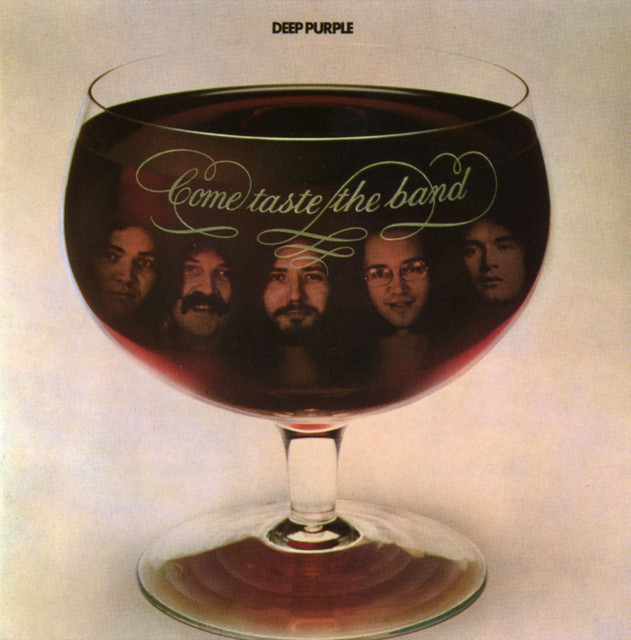Yes - "Drama" (1980)
Rating: B
Yes, the iconic British progressive rock band, underwent a significant transformation with their 1980 release, "Drama." This album, often considered a departure from their classic sound, marked a new era for the band, and while it may not be a fan favorite, it's a fascinating and bold addition to Yes' discography.
Pros:
Fresh Sound: "Drama" is a daring departure from Yes' earlier symphonic and pastoral style. With the departure of vocalist Jon Anderson and keyboardist Rick Wakeman, and the addition of Trevor Horn as lead vocalist and Geoff Downes on keyboards, the band embraced a more modern, new wave-influenced sound. This shift introduced a refreshing change to their music, making "Drama" a unique entry in their catalog.
Energetic and Complex Compositions: The instrumental prowess of the band members remains intact, and they deliver complex, high-energy compositions. Songs like "Machine Messiah" and "Tempus Fugit" showcase Yes' signature intricate musicianship, with Chris Squire's distinctive bass work and Steve Howe's intricate guitar playing.
Trevor Horn's Vocal Performance: While Jon Anderson's absence might have disappointed some fans, Trevor Horn's strong and dynamic vocal performance adds a new dimension to the album. His powerful singing brings a different character to the music, and he's particularly impressive on tracks like "Run Through the Light."
Cons:
Departure from Classic Yes: "Drama" can be a divisive album for Yes fans, as it represents a marked departure from their classic symphonic and progressive sound. Those who were deeply attached to the earlier Yes albums might find this new wave-influenced direction challenging to embrace.
Lack of Jon Anderson's Voice: Jon Anderson's distinctive and ethereal voice was an integral part of Yes' identity, and his absence on "Drama" is felt by many fans. Trevor Horn is talented but brings a different style, which can be polarizing.
Short Tracklist: The album features only six tracks, which may leave listeners wanting more. While each song is substantial in length and complexity, the brevity of the album might disappoint fans accustomed to Yes' epic-length compositions.
In conclusion, "Drama" by Yes is an album that divided both fans and critics at the time of its release. However, with the benefit of hindsight, it's clear that this album was a brave step for the band. It offers a fresh and energetic take on progressive rock, showcasing the band's adaptability and musicianship. While it may not be the most beloved Yes album, "Drama" deserves recognition for its boldness and willingness to explore new musical horizons. If you're open to a different side of Yes, "Drama" is a compelling journey worth taking.




Comments
Post a Comment